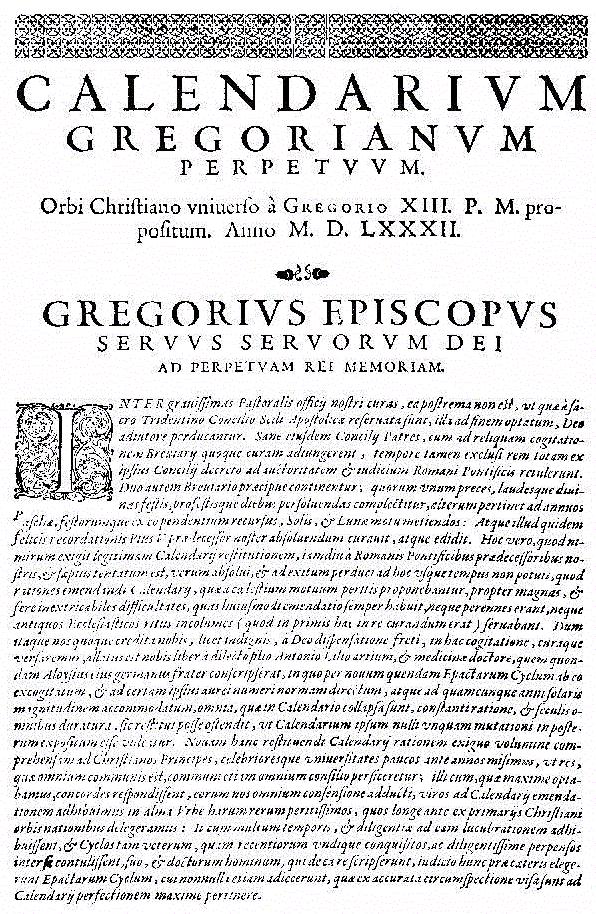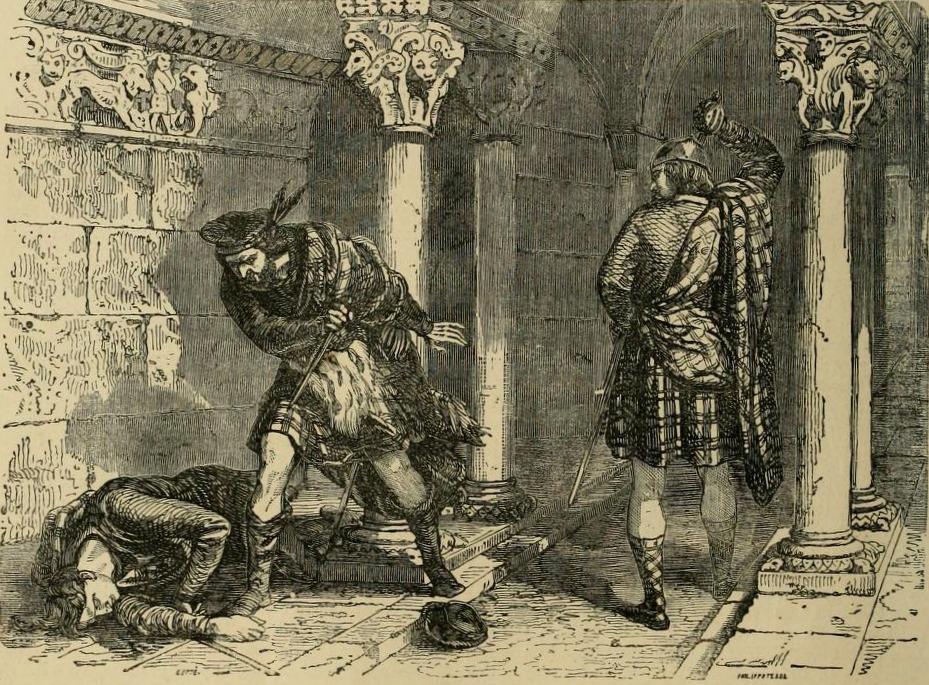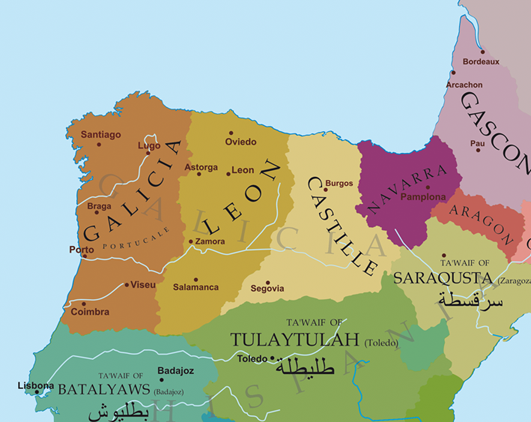|
March 25
Until 1752 it was the official date of the beginning of the year in England and its dominions (in the Julian calendar). Events Pre-1600 * 410 – The Southern Yan capital of Guanggu falls to the Jin dynasty general Liu Yu, ending the Southern Yan dynasty. * 421 – Italian city Venice is founded with the dedication of the first church, that of San Giacomo di Rialto on the islet of Rialto. * 708 – Pope Constantine becomes the 88th pope. He would be the last pope to visit Constantinople until 1967. * 717 – Theodosius III resigns the throne to the Byzantine Empire to enter the clergy allowing Leo III to take the throne and begin the Isaurian dynasty. * 919 – Romanos Lekapenos seizes the Boukoleon Palace in Constantinople and becomes regent of the Byzantine emperor Constantine VII. * 1000 – Fatimid caliph al-Hakim bi-Amr Allah assassinates the eunuch chief minister Barjawan and assumes control of the government. * 1065 – Th ... [...More Info...] [...Related Items...] OR: [Wikipedia] [Google] [Baidu] |
Calendar (New Style) Act 1750
The Calendar (New Style) Act 1750 (24 Geo. 2. c. 23), also known as Chesterfield's Act or (in American usage) the British Calendar Act of 1751, is an Act of Parliament, Act of the Parliament of Great Britain. Its purpose was for Great Britain and the British Empire#"First" British Empire (1707–1783), British Empire to adopt the Gregorian calendar (in effect). The Act also changed the start of the legal year from 25March to 1January. The Act wikt:elide, elided eleven days from September 1752. It ordered that religious feast days be held on their traditional dates for example, Christmas Day remained on 25 December. (Easter is a moveable feast: the Act specifies how its date should be calculated.) It ordered that civil and market days for example the quarter days on which rent was due, salaries paid and new labour contracts agreed be moved forward in the calendar by eleven days so that no-one should gain or lose by the change and that markets match the agricultural season. I ... [...More Info...] [...Related Items...] OR: [Wikipedia] [Google] [Baidu] |
Constantine VII
Constantine VII Porphyrogenitus (; 17 May 905 – 9 November 959) was the fourth Byzantine emperor of the Macedonian dynasty, reigning from 6 June 913 to 9 November 959. He was the son of Emperor Leo VI and his fourth wife, Zoe Karbonopsina, and the nephew of his predecessor Alexander. Most of his reign was dominated by co-regents: from 913 until 919 he was under the regency of his mother, while from 920 until 945 he shared the throne with Romanos Lekapenos, whose daughter Helena he married, and his sons. Constantine VII is best known for the '' Geoponika'' (τά γεοπονικά), an important agronomic treatise compiled during his reign, and three, perhaps four, books; (bearing in Greek the heading Πρὸς τὸν ἴδιον υἱὸν Ῥωμανόν), (Περὶ τῆς Βασιλείου Τάξεως), '' De Thematibus'' (Περὶ θεμάτων Άνατολῆς καὶ Δύσεως), and '' Vita Basilii'' (Βίος Βασιλείου), though his authorship of ... [...More Info...] [...Related Items...] OR: [Wikipedia] [Google] [Baidu] |
Western Schism
The Western Schism, also known as the Papal Schism, the Great Occidental Schism, the Schism of 1378, or the Great Schism (), was a split within the Catholic Church lasting from 20 September 1378 to 11 November 1417, in which bishops residing in Rome and Avignon simultaneously claimed to be the true pope, and were eventually joined by a line of Pisan claimants in 1409. The event was driven by international rivalries, personalities and political allegiances, with the Avignon Papacy in particular being closely tied to the French monarchy. The papacy had resided in Avignon since 1309, but Pope Gregory XI returned to Rome in 1377. The Catholic Church split in September 1378, when, following Gregory XI's death and Urban VI's subsequent election, a group of French cardinals declared his election invalid and elected Clement VII, who claimed to be the true pope. As Roman claimant, Urban VI was succeeded by Boniface IX, Innocent VII and Gregory XII. Clement VII was succeeded as Av ... [...More Info...] [...Related Items...] OR: [Wikipedia] [Google] [Baidu] |
Council Of Pisa
The Council of Pisa (; , also nicknamed the , "secret meeting", by those who considered it illegitimate) was a controversial council held in 1409. It attempted to end the Western Schism by deposing both Benedict XIII (Avignon) and Gregory XII (Rome) for schism and manifest heresy. The College of Cardinals, composed of members from both the Avignon Obedience and the Roman Obedience, who were recognized by each other and by the Council, then elected a third papal claimant, Alexander V, who lived only a few months. He was succeeded by John XXIII. Preliminaries During the conclave of November 1406, Cardinal Angelo Correr had promised, along with all the other cardinals who signed the electoral capitulations, that if elected Pope, he would not create new cardinals except to keep the college of the Roman Obedience on a par with the Avignon Obedience. When he was elected Pope Gregory XII, he signed and ratified those capitulations. But in May 1408, without need, he insisted on cr ... [...More Info...] [...Related Items...] OR: [Wikipedia] [Google] [Baidu] |
1409
Year 1409 ( MCDIX) was a common year starting on Tuesday of the Julian calendar. Events January–March * January 1 – The Welsh surrender Harlech Castle to the English. * January 18 – The Decree of Kutná Hora strengthens the Bohemian nation at the cost of foreign, mostly German speaking students at the University of Prague. Over a thousand students leave Prague as a consequence, choosing instead the universities of Heidelberg and the new University of Leipzig established later in the year. * February 15 – The Galle Trilingual Inscription, with inscriptions in three languages ( Chinese, Tamil and Persian) is installed by the Chinese admiral Zheng He at Galle in Sri Lanka, where he has stopped while on his way home during the second of his treasure voyages. * February 24 – Traveling in Valencia in Aragon, Father Joan Gilabert Jofré, known as "Padre Jofré", witnesses a mentally ill man being beaten by two young attackers. After r ... [...More Info...] [...Related Items...] OR: [Wikipedia] [Google] [Baidu] |
Robert The Bruce
Robert I (11 July 1274 – 7 June 1329), popularly known as Robert the Bruce (), was King of Scots from 1306 until his death in 1329. Robert led Kingdom of Scotland, Scotland during the First War of Scottish Independence against Kingdom of England, England. He fought successfully during his reign to restore Scotland to an independent kingdom and is regarded in Scotland as a folk hero, national hero. Robert was a fourth-great-grandson of King David I, and his grandfather, Robert de Brus, 5th Lord of Annandale, was one of the claimants to the Scottish throne during the "Great Cause". As Earl of Carrick, Robert the Bruce supported his family's claim to the Scottish throne and took part in William Wallace's campaign against Edward I of England. Appointed in 1298 as a Guardian of Scotland alongside his chief rival for the throne, John Comyn of Badenoch, and William Lamberton, Bishop of St Andrews, Robert resigned in 1300 because of his quarrels with Comyn and the apparently imminen ... [...More Info...] [...Related Items...] OR: [Wikipedia] [Google] [Baidu] |
1306
Year 1306 ( MCCCVI) was a common year starting on Saturday of the Julian calendar. Events January – March * January 3 – Deshou Khan, the only son of Chinese Emperor Chengzong of the Yuan dynasty ( Temür Khan) dies, leaving the Mongol Emperor without an heir. * January 27 – The University of Orléans is created by a papal bull issued by Pope Clement V endowing the Orléans institutes in France with the title and privileges of a university. * January 28 – After two hearings, Sunni Muslim theologian Ibn Taymiyyah is found innocent of charges of heresy by the Indian Qur'an scholar Safi al-Din al-Hindi. Taymiyyah is found guilty three months later by a panel of judges in the Mamluk state and imprisoned for four months. * February 10 – Robert the Bruce murders John Comyn III, Scottish nobleman and political rival, before the high altar of the Greyfriars Church at Dumfries. Bruce and Comyn meet to discuss their differences at the church (without ... [...More Info...] [...Related Items...] OR: [Wikipedia] [Google] [Baidu] |
Bedouin
The Bedouin, Beduin, or Bedu ( ; , singular ) are pastorally nomadic Arab tribes who have historically inhabited the desert regions in the Arabian Peninsula, North Africa, the Levant, and Mesopotamia (Iraq). The Bedouin originated in the Syrian Desert and Arabian Desert but spread across the rest of the Arab world in West Asia and North Africa after the spread of Islam. The English word ''bedouin'' comes from the Arabic ''badawī'', which means "desert-dweller", and is traditionally contrasted with ''ḥāḍir'', the term for sedentary people. Bedouin territory stretches from the vast deserts of North Africa to the rocky ones of the Middle East. They are sometimes traditionally divided into tribes, or clans (known in Arabic as ''ʿašāʾir''; or ''qabāʾil'' ), and historically share a common culture of herding camels, sheep and goats. The vast majority of Bedouins adhere to Islam, although there are some fewer numbers of Christian Bedouins present in the Fertile Cres ... [...More Info...] [...Related Items...] OR: [Wikipedia] [Google] [Baidu] |
Good Friday
Good Friday, also known as Holy Friday, Great Friday, Great and Holy Friday, or Friday of the Passion of the Lord, is a solemn Christian holy day commemorating the crucifixion of Jesus and his death at Calvary (Golgotha). It is observed during Holy Week as part of the Paschal Triduum. Members of many Christian denominations, including the Catholic, Eastern Orthodox, Lutheran, Anglican, Methodist, Oriental Orthodox, United Protestant and some Reformed traditions (including certain Continental Reformed, Presbyterian and Congregationalist churches), observe Good Friday with Fasting in religion#Christianity, fasting and church services. In many Catholic, Lutheran, Anglican and Methodist churches, the Three Hours' Agony, Service of the Great Three Hours' Agony is held from noon until 3p.m.—the hours the Bible records crucifixion darkness, darkness covering the land until Jesus' death on the cross. In the Catholic, Lutheran and Anglican traditions of Christianity, the Stations of th ... [...More Info...] [...Related Items...] OR: [Wikipedia] [Google] [Baidu] |
Great German Pilgrimage Of 1064–65
The Great German Pilgrimage of 1064–1065 was a large pilgrimage to Jerusalem which took place a generation before the First Crusade. Events It originated in the Kingdom of Germany in 1064, and was led by Archbishop Siegfried of Mainz, Bishop William of Utrecht, Bishop Otto of Ratisbon (modern-day Regensburg), and Bishop Gunther of Bamberg. There were between seven and twelve thousand pilgrims, coming primarily from western and southern Germany and including apart from clerics also nobles, knights and commoners. For all that is known, the participants were unarmed and it seems that the dominant person on this pilgrimage was Bishop Gunter. The pilgrimage started in November 1064 and passed through Hungary, Bulgaria, Patzinakia, and Constantinople, just as the First Crusade would over thirty years later, with similar results: the pilgrims were treated harshly wherever they went, and were ushered off into Anatolia once they reached Constantinople. They passed through Anatolia an ... [...More Info...] [...Related Items...] OR: [Wikipedia] [Google] [Baidu] |
1065
Year 1065 ( MLXV) was a common year starting on Saturday of the Julian calendar. Events By place Europe * December 24 – King Ferdinand I of León ("the Great") dies in León, Spain, after an 11-year reign as Emperor of All Spain. His kingdom is divided among his three sons: the eldest Sancho II, the second Alfonso VI and the youngest García II. The kingdoms of Galicia and Portugal become independent under the rule of García. England * October 3 – Northumbria revolts against Tostig Godwinson, who is exiled. He takes refuge with his brother-in-law, Count Baldwin V in Flanders (modern Belgium). The Northumbrian nobles choose Morcar (or Morkere) as earl at York. * December 28 – Westminster Abbey is consecrated by King Edward the Confessor. Seljuk Empire * Alp Arslan, leader of the Seljuk Turks, campaigns against the Kipchaks and the Türkmen in Central Asia. He captures the city of Kars and plunders the western provinces of Geor ... [...More Info...] [...Related Items...] OR: [Wikipedia] [Google] [Baidu] |
Barjawan
Abū'l-Futūh Barjawān al-Ustādh (عَبْدُ الْفُتُوحِ بَرْجَوَانِ الْأُسْتَاذِ; died 25/26 March 1000) was a eunuch palace official who became the prime minister ('' wāsiṭa'') and ''de facto'' regent of the Shia Fatimid Caliphate in October 997, and held the position until his assassination. Of obscure origin, Barjawan became the tutor of heir-apparent al-Hakim bi-Amr Allah, who became caliph in 996 with the death of al-Aziz Billah. On al-Hakim's coronation, power was seized by the Kutama Berbers, who tried to monopolize government and clashed with their rivals, the Turkic slave-soldiers. Allied with disaffected Berber leaders, Barjawan was able to seize the reins of government for himself in 997. His tenure was marked by a successful balancing act between the Berbers and the Turks, as well as the rise of men of diverse backgrounds, promoted under his patronage. Militarily, Barjawan was successful in restoring order to the Fatimids' rest ... [...More Info...] [...Related Items...] OR: [Wikipedia] [Google] [Baidu] |







